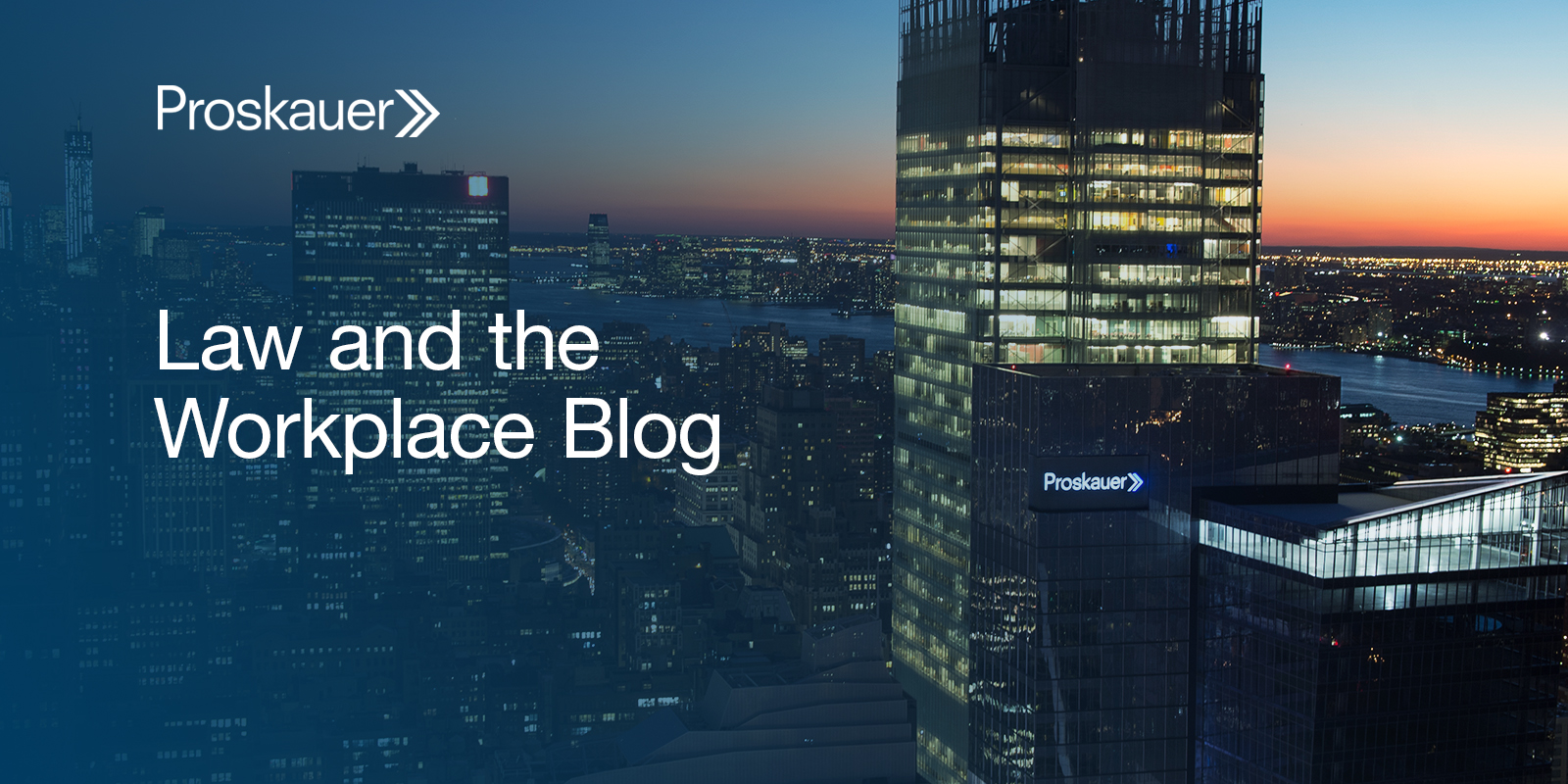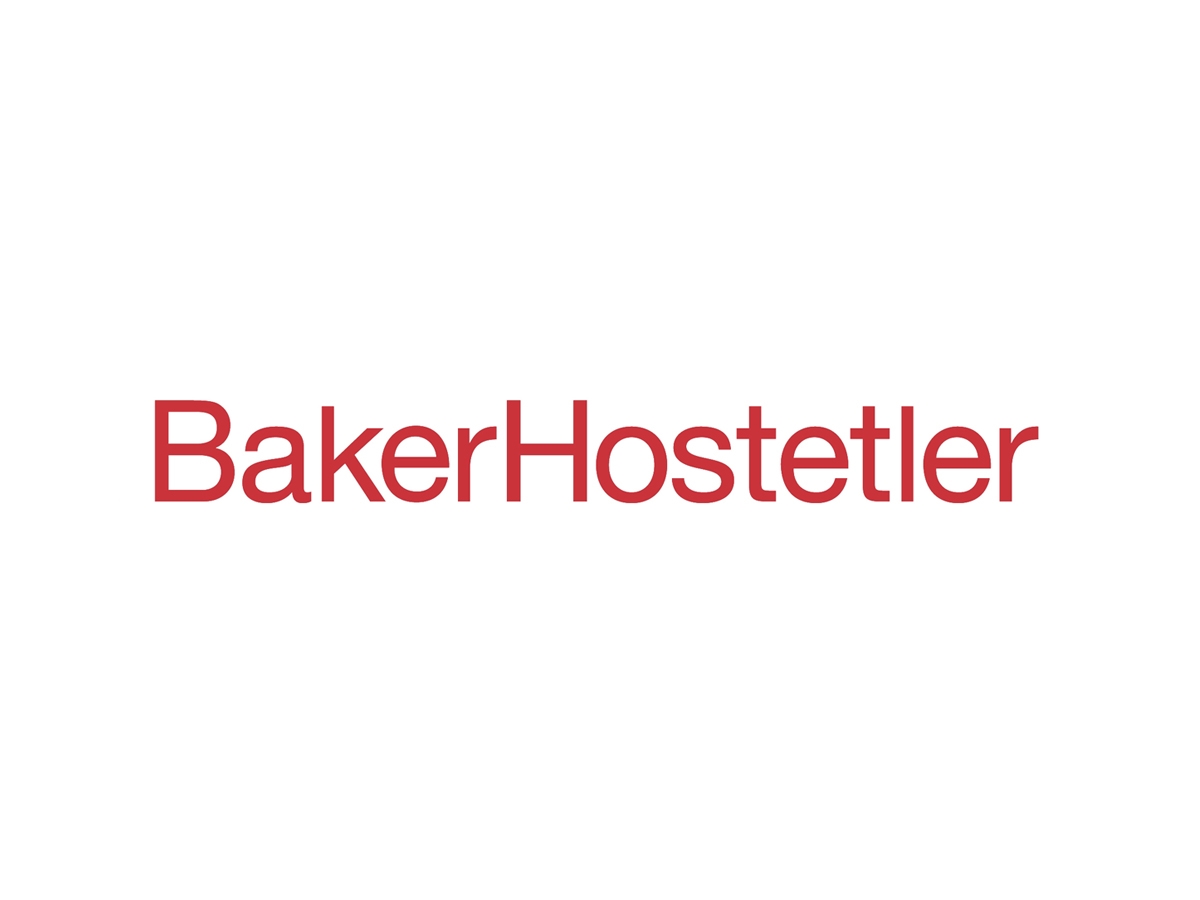NLRB Regional Director Targets Noncompetes in New Complaint
As recently foreshadowed, the National Labor Relations Board (“NLRB” or “Board”) now appears poised to weigh in on whether noncompete agreements, even those that may be legal under state law, violate the National Labor Relations Act (“Act”).
Background: NLRB GC Targets Noncompetes
On May 31, 2023, Board General Counsel Jennifer Abruzzo issued a memorandum stating that she would seek to invalidate nearly all post-employment noncompete agreements – even those that are indisputably valid under applicable state law. Her rationale is that any such agreement that limits future employment interferes with Section 7 rights under the Act. The memo was striking both for its ambition and its nearly-unprecedented scope.
If the Board were to agree with General Counsel Abruzzo’s theory, and the broad authority that she sought to assert, then nearly all noncompetes signed by employees under the Act’s definition (excluding managers and supervisors, but covering both union and non-union employees) could lead to an unfair labor practice charge. The outcome of such a charge could be the invalidation of those agreements, and potential damages resulting from the implementation of such noncompetes.
New Complaint Applying Abruzzo’s Legal Theory in Action
On September 1, 2023, the Regional Director of NLRB Region 9 (Cincinnati) followed the General Counsel’s explicit direction and filed a consolidated complaint against “Juvly Aesthetics,” an operator of spas and medical clinics that provides non-surgical aesthetic services in Ohio and Wisconsin.
In the complaint, the Regional Director accuses the company of violating Section 8(a)(1) of the Act for interfering with employees’ Section 7 rights, by seeking to enforce its “Non-Compete and Confidentiality Agreement.”
The noncompete provision prevented former employees from practicing “aesthetic medicine” for two years, within 20 miles of any location of the company, after the termination of their employment regardless of the reason. The company also threatened former employees to repay their training costs if they ever violate the noncompete provision. The company also required new employees to agree to non-solicit and no-hire provisions that lasted for two years after the end of their employment, which covered any current employee of the company. Finally, the company included a provision that fined former employees $150,000 for any time they solicited a current employee of the company.
In line with the Board’s prior ruling in McLaren Macomb, 372 NLRB No. 58 (2023), the complaint also alleges that the company committed several unfair labor practices because it allegedly instructed its employees that they could not discuss their individual employment contracts and handbooks with other employees, and fired employees for violating a non-disparagement clause included in the company’s handbook.
The consolidated complaint also states that the NLRB seeks to “rescind the unlawful provisions in Respondent’s Offers of Employment, Employee Handbook, Non-Compete and Confidentiality Agreement, and Exit Agreement” and seeks compensatory damages for the former employees. The company submitted its answer to the consolidated case on September 15, 2023, which is not yet publicly available, and a hearing before an administrative law judge is scheduled to take place on November 28, 2023.
This case is apparently the first public case applying Abruzzo’s bold legal theory to a ripe dispute. Interestingly, the case appears to involve non-union employees, demonstrating that this issue has the potential to affect all employees as defined by the Act, not just unionized employees. The ALJ’s analysis of this issue bears close watching, and any review by the Board could take place in the next couple of years.






